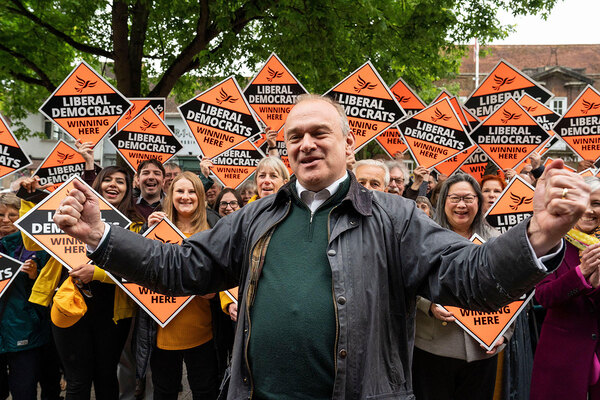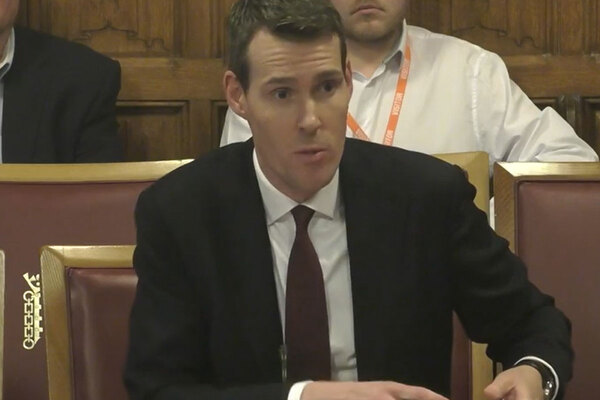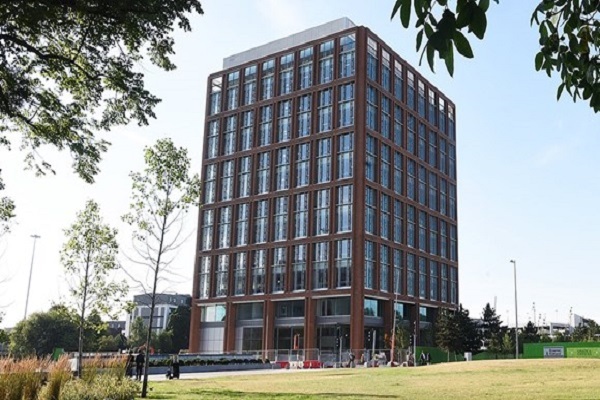You are viewing 1 of your 1 free articles
What do the manifestos tell us about homelessness?
David Bogle, chair of Homes for Cathy, analyses the homelessness policies – or lack of – in the leading parties’ general election manifestos
So now that the political parties have all issued their 2024 manifestos for the general election, can we be optimistic about the prospects for ending the homelessness and housing crisis, and for the future well-being of the social housing sector and its residents?
Well, having had a look at what has been issued by the major parties in England, the answer is, ‘Don’t get your hopes up too much’!
As you would expect there are a lot of fine words, but almost all the ‘commitments’ lack the detail that would give us confidence that they can be delivered.
With the exception of the Greens, housing and homelessness doesn’t feature prominently in the parties’ manifestos. For Labour, housing is not one of the “five national missions” or the six “first steps for change”. For the Conservatives, the housing promises don’t appear until Page 53 of the manifesto. For the Liberal Democrats, the housing section of the manifesto is at Chapter 14.
However, the three ‘main’ parties do all make commitments on homelessness. The bravest commitment comes from the Lib Dems, which promise to “end homelessness within the next Parliament”. Labour promises a cross-government strategy, while the Conservatives promise a continuation of their current programmes.
On housing numbers, again the Lib Dems lead the bidding with a huge 380,000 homes a year, of which 150,000 a year are to be ‘social homes’. The Conservatives pledge 1.6 million homes over the next parliament, while Labour go for 1.5 million homes in the same period. Interestingly, neither Labour nor the Conservatives have committed on social/affordable housing numbers.
“The challenges of delivering new homes are well known and many of the conflicting issues are covered in the manifestos without any clear indication of how the clashes will be resolved”
Labour repeat the much-trailed promise of the “biggest increase in social and affordable housebuilding in a generation”, while the Conservatives will “renew the Affordable Homes Programme”.
The challenges of delivering new homes are well known and many of the conflicting issues are covered in the manifestos without any clear indication of how the clashes will be resolved.
For instance, how can a commitment to local decision-making be accommodated within a central National Planning Framework? How can we deliver high numbers of new homes while protecting the green belt (Labour mentioned building on ‘grey land’)? How does a promise to increase homeownership sit alongside the need for funding to build social/affordable homes for rent?
The housing sector, housing media and housing charities (including Shelter, Crisis, the National Housing Federation, the Chartered Institute of Housing and Inside Housing) have called for 90,000 social rent homes a year for the next 10 years through the Build Social campaign. The benefits and longer-term savings to the public purse of such a housing delivery programme have been well researched and validated, and such a programme would certainly lead to a major reduction in homelessness and housing need.
But with Labour well ahead in the opinion polls and based on their manifesto, it looks unlikely that the next government will commit swiftly to the £10bn or so per annum public funding needed to deliver such a programme. And, of course, at a time when housing developers (including housing associations) are scaling back their development plans because of soaring building costs and higher interest rates, it would take some time to put all the component parts together needed to build 90,000 social rent homes a year.
So, is there any good news in the manifestos and especially the Labour one – if it is to form the next government?
Well, here is my assessment of what could count as good news:
-
New towns: Yes, please – delivering large numbers of homes less controversially?
-
Right to Buy reform: Would be supported by the sector – the loss of social homes under the scheme has been a disaster
-
More planning officers: Excellent – it shouldn’t take two years to get approval for a social housing development
-
Funds for warmer homes: much needed given the current limited incentives and payback for social landlords
-
More police to tackle anti-social behaviour: social housing landlords certainly need help in this area
-
No mention anywhere of the Housing Ombudsman: currently stressing the sector out big time!
But despite the limited promises in the manifestos, with the likelihood of a new government and new ministers, our sector must continue at every opportunity to make the argument for more investment in social housing to reduce homelessness and rough sleeping and deliver homes affordable to people who can’t buy or rent at market rates.
Sign up for our daily newsletter
Already have an account? Click here to manage your newsletters













